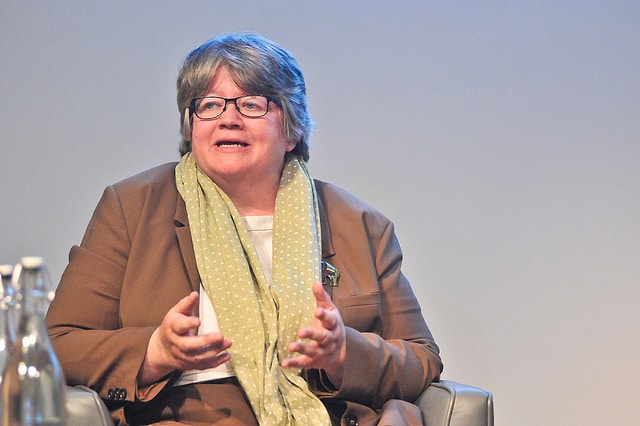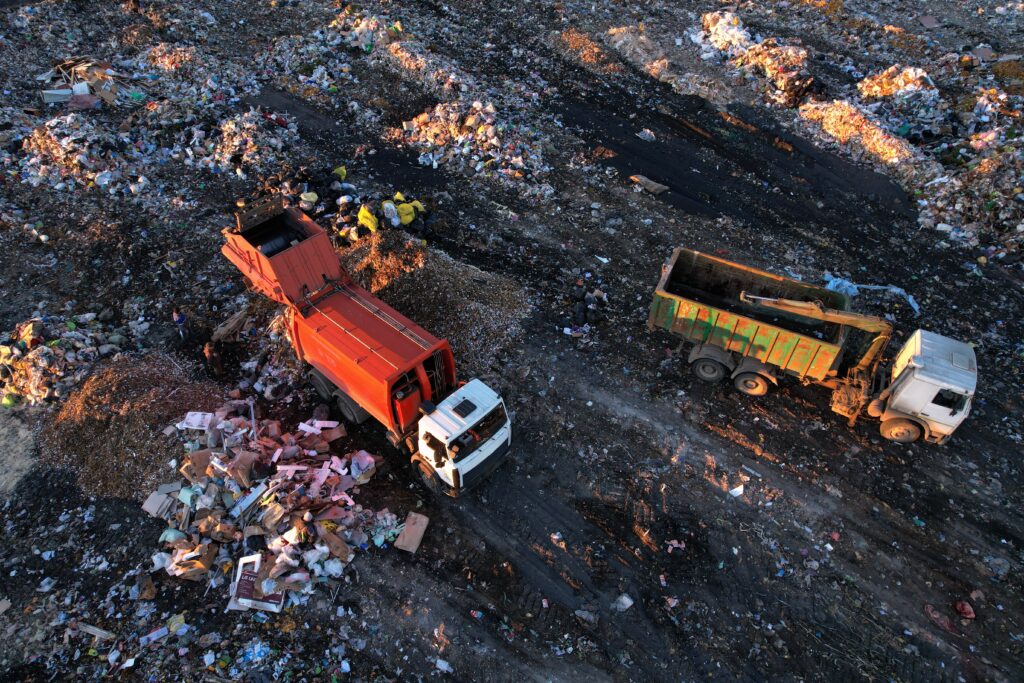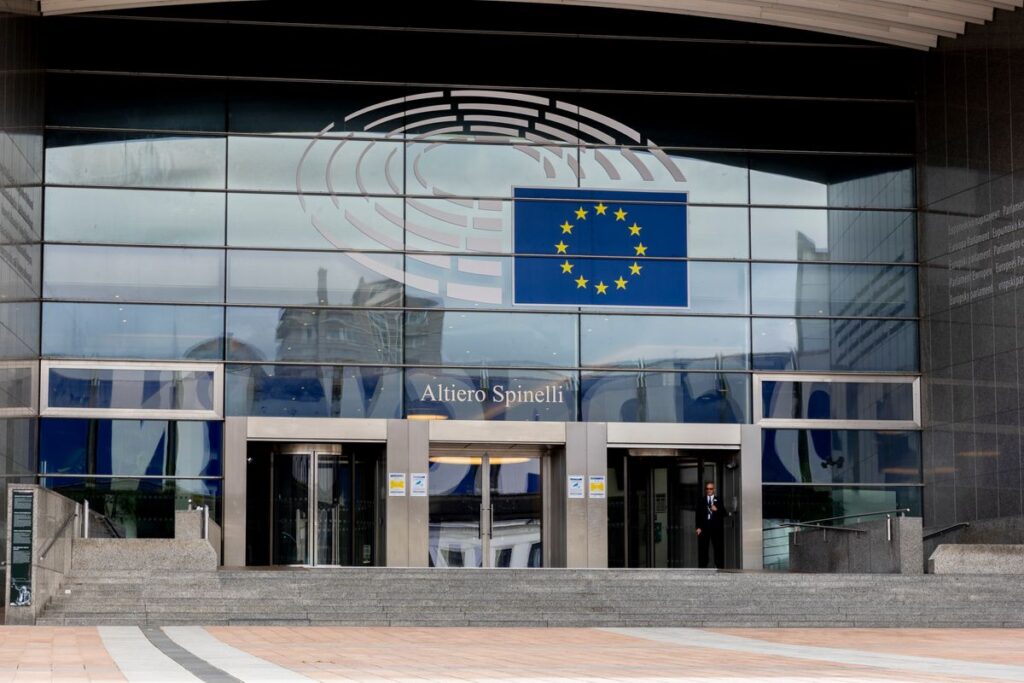Ms Coffey’s appointment as part of Rishi Sunak’s reshuffle comes around three years after she left her role as recycling minister at Defra for a role at the Department for Work and Pensions.
She was at Defra between 2016-2019 and was working under Michael Gove as Environment Secretary when the Resources and Waste Strategy was rolled out.
Her familiarity with the sector has been highlighted in early reaction to her appointment.
‘Flagship reforms’
Commenting on the news, Jacob Hayler, executive director of the Environmental Services Association (ESA), said: “Welcoming new ministers to Defra seems to be happening with alarming regularity these days but in Therese Coffey we have a Secretary of State who is well-versed in the UK’s resources and waste management sector, having served as Parliamentary Under-Secretary with responsibility for resource and environment management between 2016 and 2019 – during which time the Government announced its flagship Resources and Waste Strategy.”

He added that while this feels like a “back-to-the-future moment”, the sector is still waiting on the reforms and the new Secretary of State is now “in a fantastic position to finish what she started and get them over the line– “helping our sector to create a more circular economy, while also delivering growth and jobs across the UK.”
Development
Meanwhile, the Chartered Institution for Wastes Management (CIWM) also welcomed Ms Coffey in the new position.
A spokesperson for the CIWM said it looks forward to developing a close working relationship Dr Coffey “which will support the UK economy in meeting its 2050 net zero target and accelerate the development of a more circular economy.”
The CIWM echoed its recent calls for the government to release the outcomes of the deposit return scheme (DRS) and consistent collections consultations, which are expected by the end of the year (see letsrecycle.com story).
The CIWM spokesperson explained: “Alongside packaging extended producer responsibility (EPR), these changes will set the policy context for household and commercial waste management for the next decade and beyond.
“Alongside packaging extended producer responsibility (EPR), these changes will set the policy context for household and commercial waste management for the next decade and beyond.”
spokesperson
the CIWM
“More than ever, however, it is essential that we maintain a period of stability and consistency that will allow the new Secretary of State and her team to bring about positive change. Failure to do so will further damage confidence and impact much needed innovation and investment.”
They concluded: “CIWM and the UK waste and resource management sector are committed to driving the development of the circular economy and wants to work with the government to realise this ambition and move to a world beyond waste.”









Subscribe for free